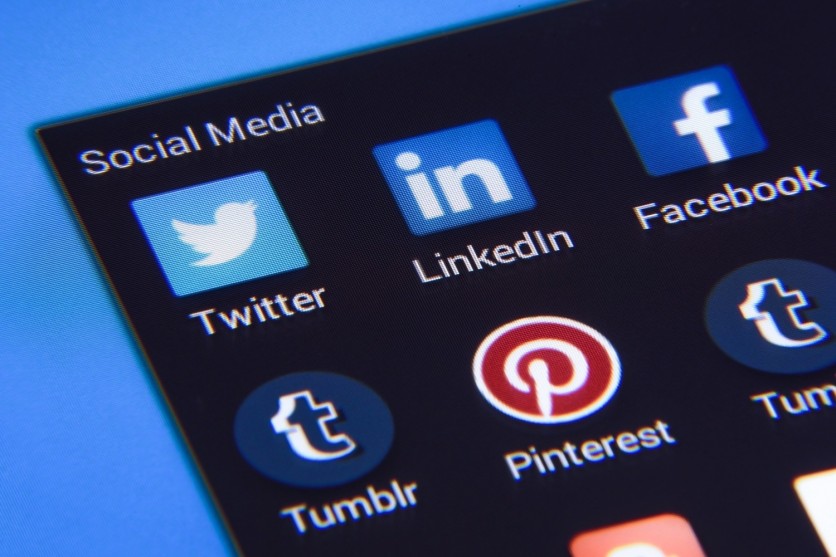According to an experiment led by MIT scholars, social media users find it difficult to prioritize both the eagerness to share content and judge its authenticity simultaneously.
The study revealed that even considering whether or not to share news on social media reduces people's ability to distinguish truth from falsehoods.
Participants were asked to evaluate the accuracy of news headlines, but those who were first asked whether they would share the content were 35% less effective at distinguishing truths from lies. Similarly, participants were 18% less successful at distinguishing truth when asked about sharing immediately after evaluating the headlines.
"Just asking people whether they want to share things makes them more likely to believe headlines they wouldn't otherwise have believed, and less likely to believe headlines they would have believed," David Rand, a professor at the MIT Sloan School of Management and co-author of the study, said in a statement.

Online Surveys
The researchers found that while people's willingness to share content and their ability to judge its accuracy can be enhanced independently, these two factors do not reinforce each other when considered together.
The study involved two waves of online surveys of 3,157 Americans who use either Facebook or Twitter. Participants were shown a series of true and false headlines about politics and the Covid-19 pandemic and were randomly assigned to two groups, being asked only about the accuracy or only about sharing content at times, or both, in differing orders.
The researchers wanted to test whether people would be more discerning about content if they were asked about sharing it, or whether being prompted to share would distract them from being able to distinguish between truth and falsity.
The results showed that if people were first asked whether they would share the content, they were 35% less effective at distinguishing truths from lies. Similarly, if they were asked about sharing immediately after evaluating the headlines, they were 18% less successful at distinguishing truth.
Capacity for Truth Discernment
The study suggested that the simultaneous consideration of sharing and accuracy undermines people's capacity for truth discernment. It also examined partisan leanings among participants and found that when it came to Covid-19 headlines, being prompted about sharing affected the judgment of Republicans more than Democrats.
The team concluded that people's belief in falsehoods may be more influenced by their patterns of online activity than by an active intent to deceive others.
They suggested that social media platforms could be redesigned to create settings in which people are less likely to share misleading and inaccurate news content.
According to Ziv Epstein, a PhD student in the Human Dynamics group at the MIT Media Lab and one of the study's co-authors, there are "so much room to grow and develop and design these platforms that are consistent with our best theories about how we process information and can make good decisions and form good beliefs. I think this is an exciting opportunity for platform designers to rethink these things as we take a step forward."
The team's findings were published in Science Advances.
Related Article : MIT Researchers Propose Direct Carbon Capture from Seawater

ⓒ 2025 TECHTIMES.com All rights reserved. Do not reproduce without permission.




